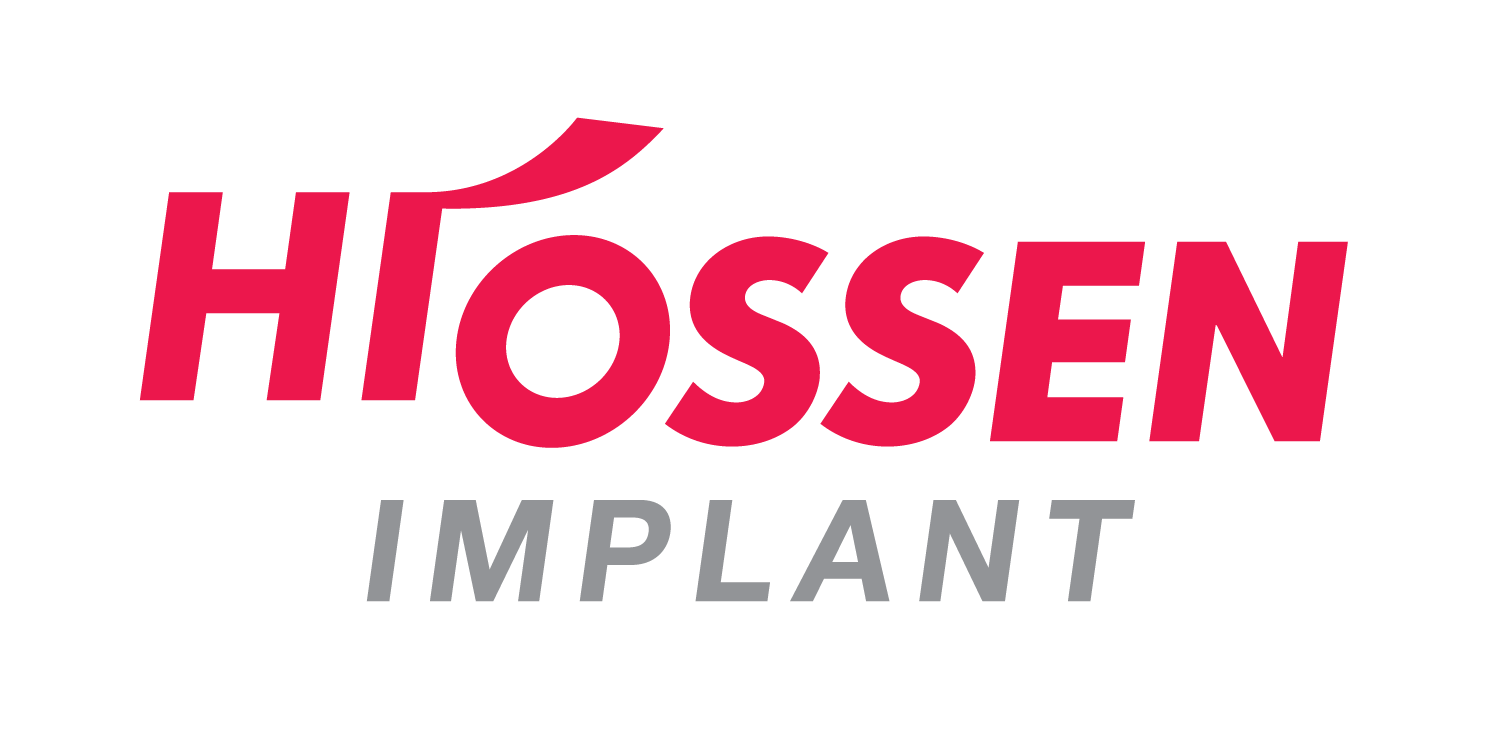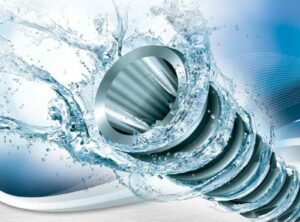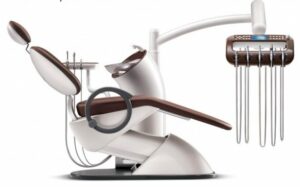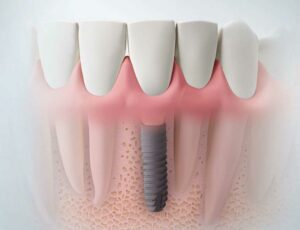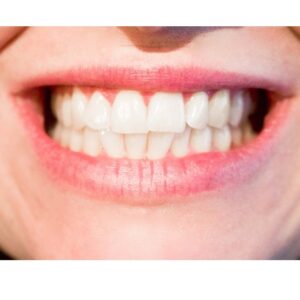Many surgical procedures require a clinician to create a wound for access to an internal structure. This process occurs regularly for dental procedures like bone grafts and dental implants. After carefully opening a wound and performing the procedure, clinicians must stitch the wound shut to prevent infection and promote healing. A suture is a medical device they use to accomplish this vital task.
A suture includes two parts — a thread-like material and a sterilized needle. The thread helps hold the wound shut, while the needle allows the clinician to pull the suture through the tissue. Many types of sutures are available for dental use, some more reliable than others. Whether you’re a patient preparing to receive dental implants or a clinician searching for the right suture system for your practice, you should have an in-depth understanding of dental implant suture materials and their impact on recovery.
Choosing the Right Dental Implant Sutures
The type of dental implant suture material a clinician chooses can impact the procedure’s success and make certain complications more or less likely. The right suture varies depending on the goal of the procedure and the physical characteristics of the material in relation to the healing process. Physical characteristics to keep in mind include suture strength, knot security and wicking properties.
Before selecting a specific suture, the clinician will first need to choose between resorbable and nonresorbable options. Resorbable sutures dissolve in the body over time, while nonresorbable sutures require professional removal, usually about a week after surgery. Although clinicians can use resorbable sutures without impacting the rate of dental implant failure, this type of suture may lead to more complications during recovery.
Cytoplast Sutures
Cytoplast sutures are what many dental professionals use most frequently for bone grafts and dental implant procedures. Made from 100% polytetrafluoroethylene (PTFE), these nonresorbable monofilament sutures provide the flexibility and comfort typically associated with braided options. At Hiossen® Implant, we distribute Cytoplast sutures that offer a range of advantages, including:
- Construction that prevents bacteria from wicking into the surgical site
- The flexibility to make sutures more comfortable for patients during recovery
- A white, dye-free material that makes finding and removing dental implant sutures easy
- High tensile strength and knot security to prevent wounds from reopening
With properties that benefit patients and clinicians alike, Cytoplast sutures are an ideal choice for dental implant procedures.
Other Dental Implant Suture Materials
Instead of Cytoplast, clinicians sometimes choose other suture materials for dental implant procedures. Silk has historically been the most used suture material for many of these procedures. Unfortunately, studies have consistently suggested a connection between silk and cotton sutures and intense tissue inflammatory responses. As a multifilament thread, silk tends to suck bacteria and fluids into the wound site, increasing the likelihood of infection.
To avoid complications, clinicians can choose PTFE sutures or comparable alternatives like nylon, polyester, polyethylene or polypropylene.
Common Questions About Suture Hygiene
In addition to choosing the right kind of suture for the job, clinicians and patients can increase the likelihood of a smooth recovery by discussing and following good dental implant hygiene. Below, you’ll find answers to a few common questions about recovery.
How Can Patients Take Care of Their Sutures After Surgery?
To help the wound heal properly and prevent infection, patients need to keep their mouths as clean as possible. Doing so involves keeping food away from the surgical area and brushing the teeth as usual starting the evening after surgery, avoiding the surgical site only for the first few days. Patients can also keep the site clean by gently rinsing the mouth with warm saltwater, holding the mouthwash over the surgical site until it cools.
Do Patients Need to Take Antibiotics?
Clinicians usually prescribe antibiotic therapy for recovery from dental implant surgery, as it helps prevent infection and boosts the likelihood of success. Unless a negative reaction develops, patients should continue taking their medication until it’s gone.
How Soon Can You Remove the Sutures?
Dental implant recovery length varies from patient to patient, but these wounds typically heal within eight to 12 days of suture placement. A clinician can confidently remove the sutures to prevent reopening once the wound has sufficiently healed.
Contact Hiossen Implant to Learn More
At Hiossen Implant, we know that clinicians and patients want sutures that will give them the best chance of a safe, smooth recovery. To ensure a high-quality product, we distribute Cytoplast sutures from Osteogenics and check under the strictest quality control standards. If you have any questions about our dental implant suture materials, reach out to us. With a direct presence in major cities across the United States, our dedicated sales representatives can provide immediate assistance.
